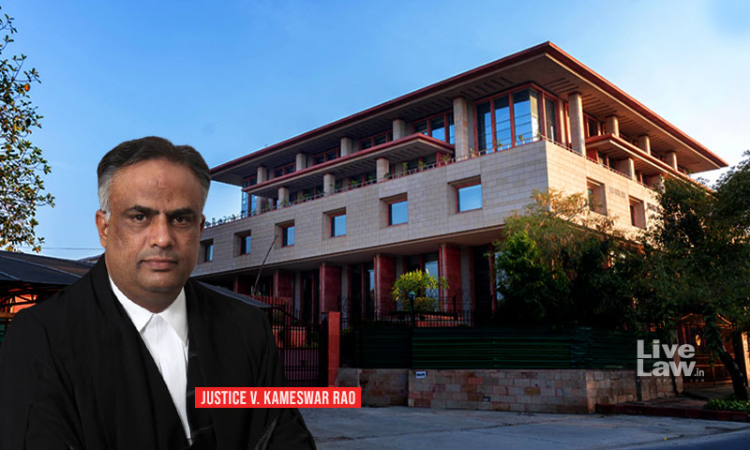The Delhi High Court has ruled that an arbitration clause contained in a rent agreement would continue to be binding upon the parties, despite the fact that after the expiry of the agreement the parties had entered into a 'Terms of Settlement' and 'Addendum to Settlement', which did not contain an arbitration clause. The Court observed that the relationship between the parties came...

